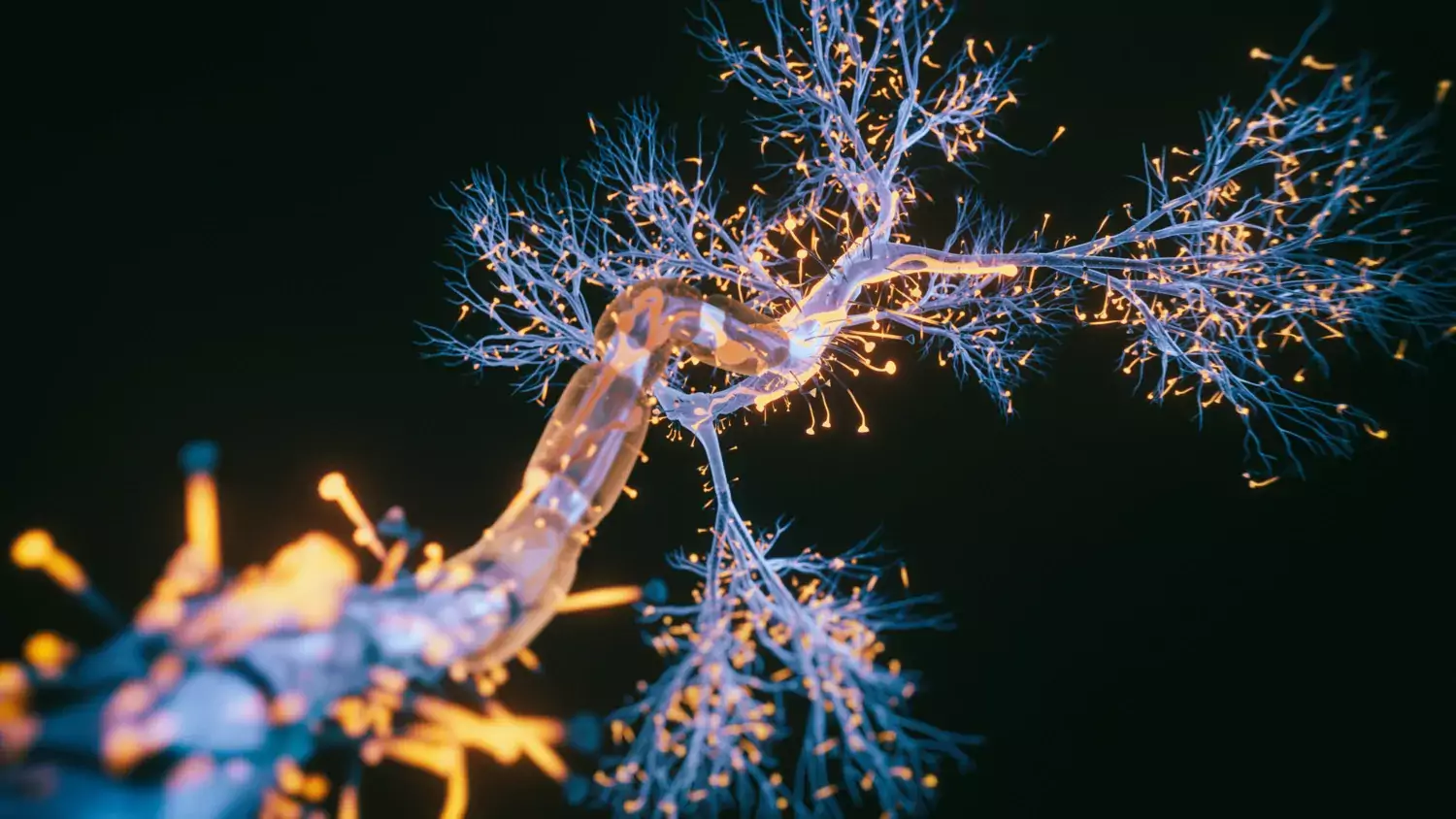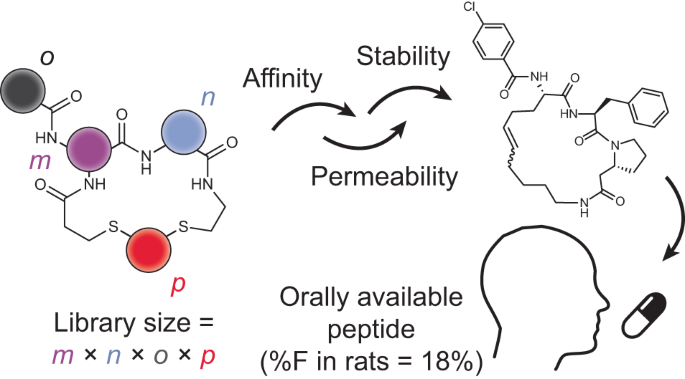2024-01-09 カロリンスカ研究所(KI)
 The association was strongest for the neurological disease MS, for which the risk was double in both directions. Image: Getty Images
The association was strongest for the neurological disease MS, for which the risk was double in both directions. Image: Getty Images
◆スウェーデンのカロリンスカ研究所によるこの研究では、815,000人以上の女性と1.3百万件以上の妊娠に関するデータを使用し、周産期うつ病のある女性とない女性で41の自己免疫疾患の発症率を比較しました。その結果、自己免疫疾患を持つ女性は周産期うつ病に罹患するリスクが30%高まり、逆に周産期うつ病の女性はその後自己免疫疾患を発症するリスクが30%増加していました。特に神経疾患の多発性硬化症(MS)においては、そのリスクが双方向で2倍になりました。研究者は今後、妊娠中および出産後のうつ病の長期的な影響に焦点を当てて調査を続ける予定です。
<関連情報>
- https://news.ki.se/clear-link-between-autoimmune-disease-and-perinatal-depression
- https://www.nature.com/articles/s41380-023-02351-1
自己免疫疾患と周産期うつ病の双方向の関連:兄弟姉妹比較による全国的研究 Bidirectional association between autoimmune disease and perinatal depression: a nationwide study with sibling comparison
Emma Bränn,Yufeng Chen,Huan Song,Krisztina D. László,Brian M. D’Onofrio,Elgeta Hysaj,Catarina Almqvist,Henrik Larsson,Paul Lichtenstein,Unnur A. Valdimarsdottir & Donghao Lu
Molecular Psychiatry Published:09 January 2024
DOI:https://doi.org/10.1038/s41380-023-02351-1
Abstract
Although major depression, characterized by a pro-inflammatory profile, genetically overlap with autoimmune disease (AD) and the perinatal period involve immune system adaptations and AD symptom alterations, the bidirectional link between perinatal depression (PND) and AD is largely unexplored. Hence, the objective of this study was to investigate the bidirectional association between PND and AD. Using nationwide Swedish population and health registers, we conducted a nested case-control study and a matched cohort study. From 1,347,901 pregnancies during 2001–2013, we included 55,299 incident PND, their unaffected full sisters, and 10 unaffected matched women per PND case. We identified 41 subtypes of AD diagnoses recorded in the registers and compared PND with unaffected population-matched women and full sisters, using multivariable regressions. Women with an AD had a 30% higher risk of subsequent PND (95% CI 1.2–1.5) and women exposed to PND had a 30% higher risk of a subsequent AD (95% CI 1.3–1.4). Comparable associations were found when comparing exposed women with their unaffected sisters (nested case-control OR: 1.3, 95% CI 1.2–1.5, matched cohort HR: 1.3, 95% CI 1.1–1.6), and when studying antepartum and postpartum depression. The bidirectional association was more pronounced among women without psychiatric comorbidities (nested case-control OR: 1.5, 95% CI 1.4–1.6, matched cohort HR: 1.4, 95% CI 1.4–1.5) and strongest for multiple sclerosis (nested case-control OR: 2.0, 95% CI 1.6–2.3, matched cohort HR: 1.8, 95% CI 1.0–3.1). These findings demonstrate a bidirectional association between AD and PND independent of psychiatric comorbidities, suggesting possibly shared biological mechanisms. If future translational science confirms the underlying mechanisms, healthcare providers need to be aware of the increased risk of PND among women with ADs and vice versa.

